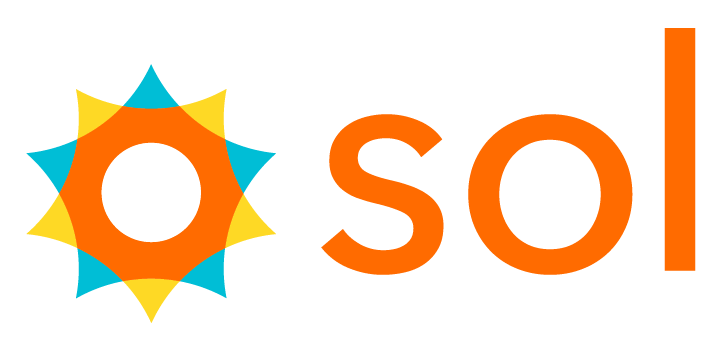6 keys to building brand swagger
I always tell clients to answer the following questions to figure out what's at the top of their brand pyramids:
- What does it say about a person (a customer, a user) that he or she uses/wears/drinks/eats/lives your brand? The answer to this question lies in how your product/brand addresses someone's core values and beliefs.
- What makes you indispensable to a person? Meaning: what is the singular benefit he/she gets from using your product or brand that they can't get ANYWHERE else? The answer to this question is NEVER about the product – the speeds/feeds or the "ities" (reliability, adaptability scalability, manageability, etc-ability.) The answer to this question gets to the true differentiation of your product and the root of the emotional relationship people have with you and your brand.
- How do you make your customer a HERO in his/her own story? Everyone has a story. How does your brand play into the customers' own stories?
As I told you in a previous post: all branding is about sex. How does your brand give a person that sexy swagger that makes others swoon?
The most enduring brands are the ones that create irrational loyalty among their users. Irrational loyalty is the kind of love a mother has for her own offspring, or the kind of love that enables customers to continue to purchase and support your brand, even when they know there are products and brands available that are functionally superior. It's the reason that I always run in Asics shoes, and why I always buy Apple products. I actually feel guilty when I don't buy the latest and greatest iThingies.
I have my own loose model of brand success. Over 20-something years of working with and creating brand stories, I've learned that there are key elements that give brands the ability to create a lasting legacy in their categories. I didn’t just pull these things out of my ass, I have validated them through hundreds of thousands of research interviews and hours upon hours of hands-on brand consulting.
Here they are:
- Relevance: a solution to an acknowledged problem. The problem has to be huge and profound for the people that have it.
- Vision: an answer to the question, "what will the world look like when we've solved this problem," expressed thusly: someday, every blank will be able to blank.
- Awareness and affinity: lasting brands are often (or have the potential to be) leaders in their categories. Top of mind awareness has the highest correlation to brand purchase. For example, think of the first canned soup brand that comes to the top of your head? Did you say Campbell's? So...what's the #1 soup brand in grocery stores today?
- A system of economics: organizations that can create a system of economics around themselves have endurance and demonstrate leadership. Think of organizations like Salesforce.com, or Oracle. There are developers, resellers, integrators, customers, employees, vendors, and others who all experience success as a result of the financial relationships they have with those brands.
- Integrity: the strongest brands in the world walk the talk. Think back to B-school. Do you remember studying the Tylenol crisis? J&J, the parent company of Tylenol, was able to weather one of the most epic product quality shitstorms in history because the brand has integrity. They took control of the communication about the situation. They were proactive. They didn't hide anything. They demonstrated respect for the humans involved, from victims to employees to stockholders. Who wouldn't put their confidence in a brand that exhibits those characteristics?
- Humanity: in today's world, brands that show compassion towards other humans and a desire to authentically connect with their audiences create the most indelible bonds. Think about the brands you feel most strongly about. Are there any you LOVE? Why is that? When you love someone or something, sometimes they get a "pass" when they've done something wrong.
As a brand, I'd love to be in that position.
It’s strange that I could sum up almost 25 years of my life’s work in this one short blog post. But there it is. How does your brand measure up?
